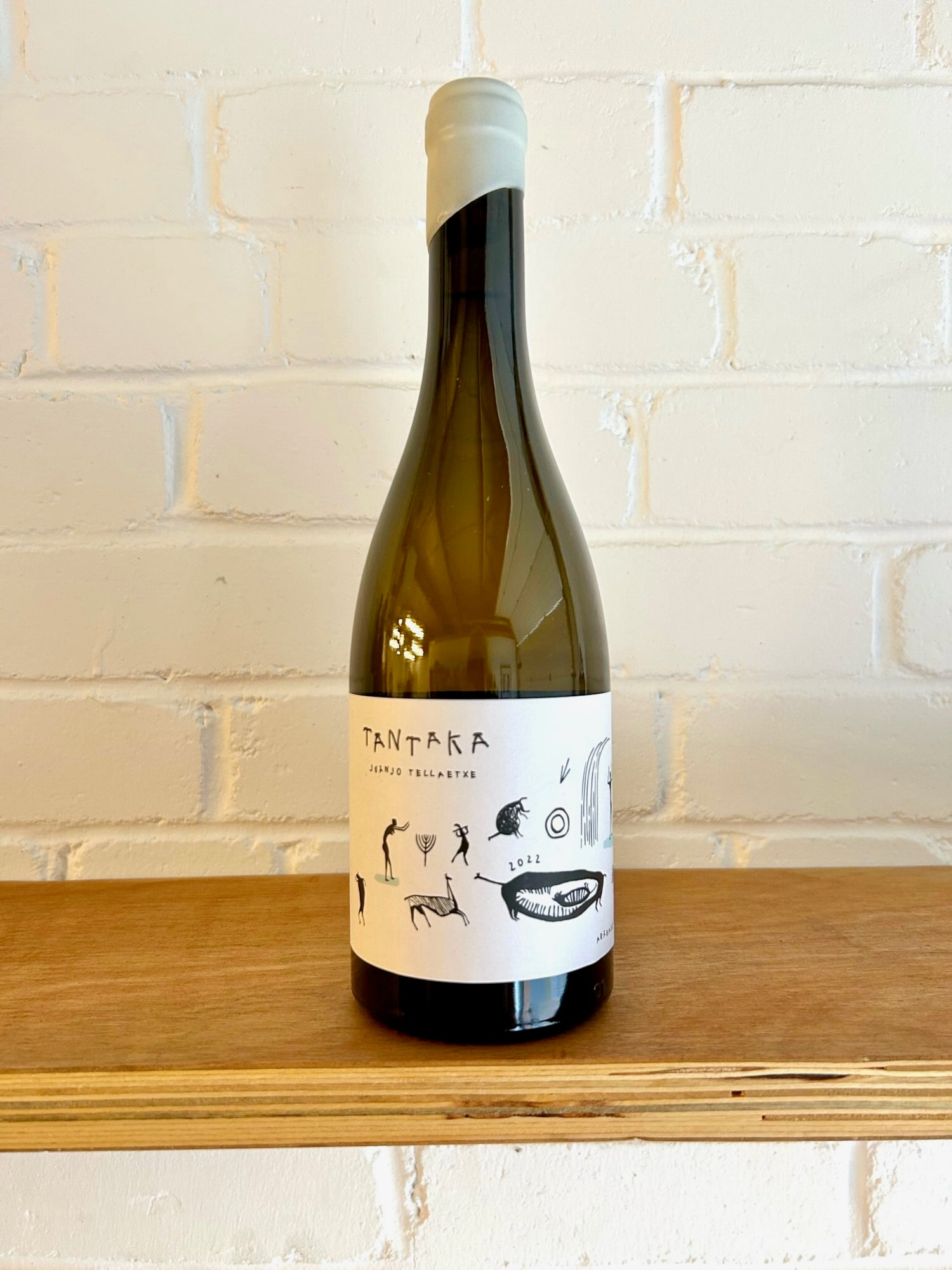
What is Natural Wine?

While there is no legal definition of what “Natural Wine” is, there is certainly agreement on what it is not - it is NOT wine made from excessive chemical inputs. In the general frenzy of agro-chemical use in the second half of the twentieth century, with the false promise of ever sunnier uplands, something was lost. What this was included soil health, biodiversity, and a true connection to place and the land.
That this form of farming came to be known as “conventional” is one of the great marketing tricks of the chemical industry. There is nothing conventional about dead soils - bereft of worms and microbial life - becoming a mere vehicle for chemicals that keep them stable enough to grow crops in.

The natural wine movement is in large part a reaction against this. Natural winemakers farm sustainably, organically and biodynamically and then go further in the cellar, using minimal chemical inputs to help make their wines. They do not use synthetic yeasts, preferring to rely on the naturally occurring populations in their vineyards and surroundings to help the grapes get on with the job of fermenting.
These yeasts are local and specific to each place, further enhancing a sense of origin. The list of “allowed” chemicals in winemaking is frighteningly long, but natural winemakers reject almost all of them - we believe for the better. Everything starts in the vineyard, and if there is good microbial health there that translates into good fermentations in the cellar and ultimately true, representative and delicious wines.

If you worry about where your carrots come from, or how the lettuces you eat are grown, you should also worry about how the grapes that make the wine you drink are farmed.
Natural and low intervention wines are not part of some sort of lunatic fringe - they are mainstream and found on the lists of the best restaurants in the world. They are alive and vital, they are VIBRANT, and once you start drinking them you will wonder why you didn't start doing so a long time ago!

